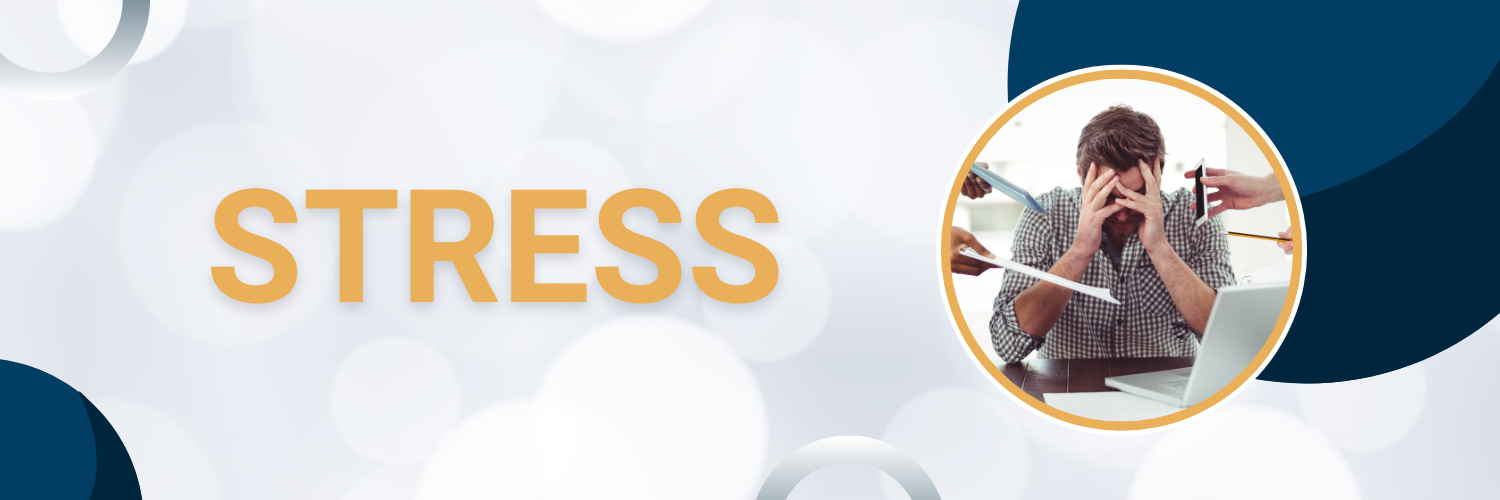

Understanding Stress: Causes, Effects, and Coping Strategies
Introduction:
In today’s fast-paced world, stress has become an almost ubiquitous part of life. Whether it’s the pressures of work, relationships, or personal challenges, stress can manifest itself in various forms and impact our physical and mental well-being. Understanding stress, its causes, effects, and coping strategies, is essential for maintaining a balanced and healthy lifestyle.
What is Stress?
Stress is the body’s natural response to pressure or demands placed upon it. It can arise from various sources, including work, relationships, financial issues, or even positive events such as getting married or starting a new job. While some level of stress is normal and can even be motivating, chronic or excessive stress can have detrimental effects on our health.
Causes of Stress:
1. Work-related Stress: Heavy workloads, tight deadlines, conflicts with colleagues, and job insecurity are common sources of stress in the workplace.
2. Relationship Issues: Conflicts with family members, friends, or romantic partners can lead to significant stress.
3. Financial Problems: Struggling with debt, unemployment, or financial instability can cause considerable stress.
4. Health Concerns: Dealing with chronic illnesses, injuries, or health-related anxieties can be highly stressful.
5. Major Life Changes: Events such as moving to a new city, getting married, divorce, or bereavement can trigger stress.
6. Environmental Factors: Noise, pollution, overcrowding, and other environmental stressors can contribute to overall stress levels.
Effects of Stress:
1. Physical Effects: Chronic stress can lead to a range of physical symptoms, including headaches, muscle tension, fatigue, digestive issues, and weakened immune system.
2. Mental Effects: Stress can negatively impact mental health, leading to anxiety, depression, irritability, mood swings, and difficulty concentrating.
3. Behavioral Changes: People under stress may exhibit changes in behavior such as increased aggression, withdrawal from social activities, overeating or loss of appetite, and substance abuse.
4. Sleep Disturbances: Stress can disrupt sleep patterns, leading to insomnia or restless sleep, which further exacerbates stress levels.
5. Cognitive Impairment: Chronic stress can impair cognitive function, affecting memory, decision-making abilities, and overall mental clarity.
Coping Strategies for Stress:
1. Healthy Lifestyle Choices: Engage in regular exercise, eat a balanced diet, prioritize sufficient sleep, and avoid excessive alcohol, caffeine, and nicotine consumption.
2. Stress Management Techniques: Practice relaxation techniques such as deep breathing, meditation, yoga, or progressive muscle relaxation to reduce stress levels.
3. Time Management: Prioritize tasks, set realistic goals, and delegate responsibilities to avoid feeling overwhelmed.
4. Social Support: Seek support from friends, family members, or support groups to share your feelings and experiences.
5. Seek Professional Help: If stress becomes overwhelming or affects your daily functioning, consider seeking help from a therapist, counselor, or healthcare professional.
Conclusion:
Stress is an inevitable part of life, but it’s essential to recognize its impact and take proactive steps to manage it effectively. By understanding the causes of stress, recognizing its effects, and implementing healthy coping strategies, you can minimize its negative impact on your overall well-being and lead a more balanced and fulfilling life.

